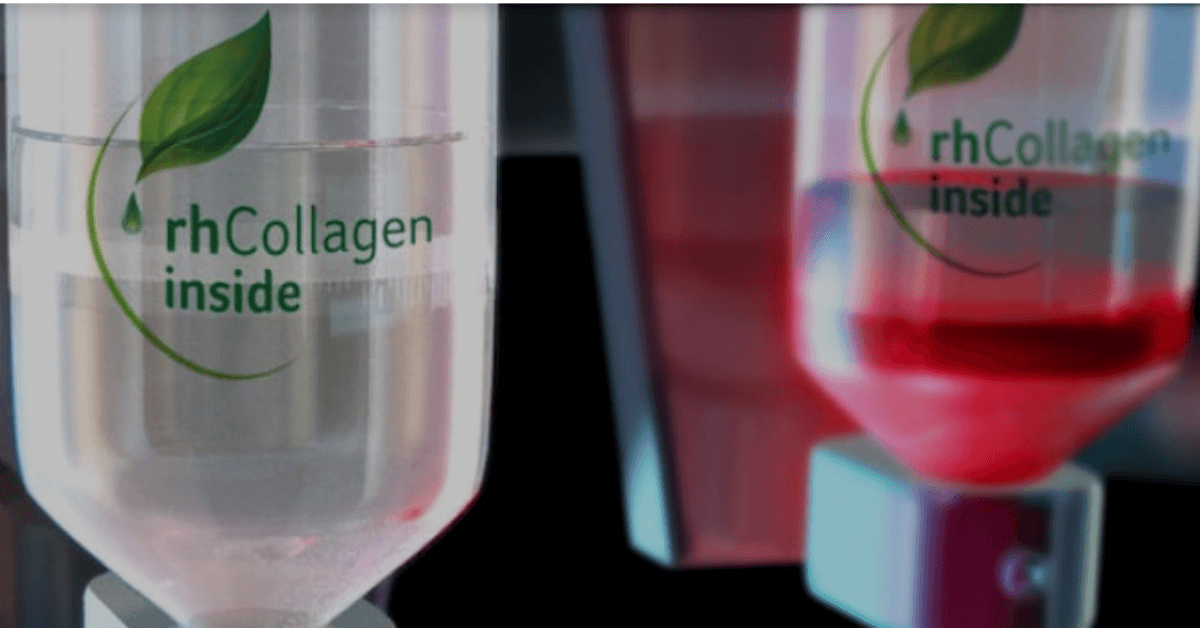CollPlant Biotechnologies, a regenerative and aesthetic medicine company developing innovative technologies and products based on its proprietary recombinant human collagen (rhCollagen), today announced positive results from a head-to-head comparative study of its rhCollagen-based bioink, Collink.3D™, and Matrigel®, conducted by the Levenberg Lab at Technion – Israel Institute of Technology.
Matrigel®, developed and marketed by Corning, has been one of the most widely used extracellular matrices for more than three decades. Derived from the Engelbreth-Holm-Swarm (EHS) mouse sarcoma, it contains a rich combination of basement membrane proteins such as laminin, collagen IV, heparan sulfate proteoglycans, and entactin/nidogen, as well as growth factors that make it a cornerstone for 3D cell culture, disease modeling, and drug discovery.
In the Technion study, Collink.3D™ demonstrated enhanced mechanical strength, elasticity, and stability, providing a reproducible environment that supports organized and long-lasting tissue formation. These results suggest that Collink.3D™ may serve as a next-generation, animal-free extracellular matrix, offering a complementary approach to traditional matrices such as Matrigel®.
The global market for basement membrane matrices, including Matrigel and similar products, was valued at approximately $96 million in 2024 and is projected to reach $201 million by 2031, growing at a CAGR of 11.2%. Key suppliers include Corning, Thermo Fisher Scientific, and R&D Systems, which collectively account for more than 69% of market share.
Yehiel Tal, Chief Executive Officer of CollPlant, commented: “We are very pleased with the outcome of this study by the Technion. The results reinforce Collink.3D™ as a biologically supportive and durable bioink that promotes cell organization and tissue development while maintaining structural integrity over time. We believe Collink.3D™ represents a strong, animal-free alternative for tissue engineering, regenerative medicine, and drug discovery applications.”







